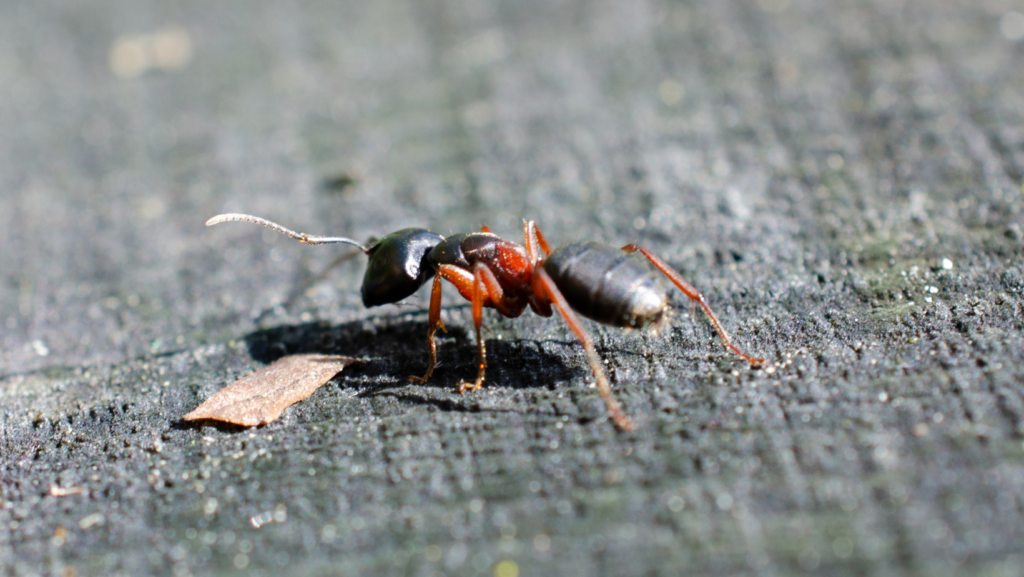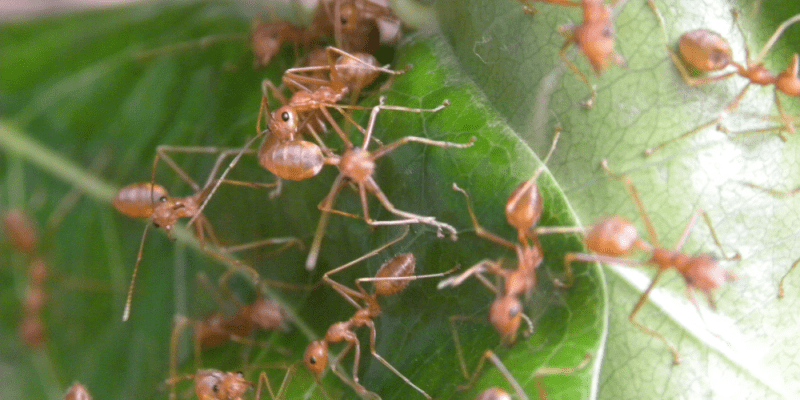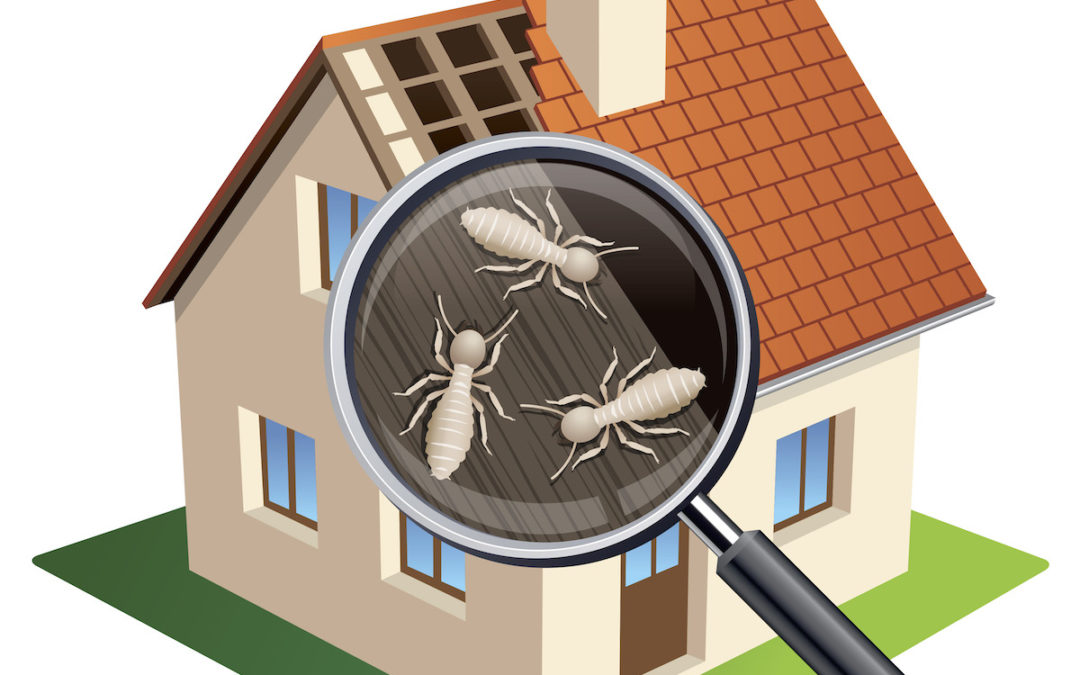Full Ant Control: Techniques and Services to Beat Ant Issues
Full Ant Control: Techniques and Services to Beat Ant Issues
Blog Article
Ecological Influence of Parasite Control: Harmonizing Performance With Sustainability
The environmental effect of insect control is a critical issue that needs a fragile balance between accomplishing effectiveness in handling parasites and guaranteeing sustainability of our environments. As we strive to safeguard our plants, homes, and health from the hazards positioned by bugs, the methods we use can unintentionally hurt the setting. From using dangerous chemicals that seep into our soil and water to the unintended consequences on non-target varieties, the effects of conventional pest control practices are far-ranging. There are arising approaches that supply hope for a more sustainable technique to pest administration. These services not just objective to attend to the prompt pest troubles however also think about the long-term health and wellness of our world.
Harmful Chemicals in Bug Control
The usage of damaging chemicals in insect control postures significant environmental and health and wellness threats that call for careful consideration and reduction strategies. Insecticides, herbicides, and pesticides are generally used to eradicate insects, but their widespread application can result in unexpected consequences. These chemicals can pollute soil, water sources, and the air, impacting not only the targeted parasites however also advantageous insects, wildlife, and humans.

To resolve these risks, incorporated insect administration (IPM) methods are being promoted as an extra lasting option. IPM includes a combination of techniques such as biological control, environment adjustment, and the targeted use of chemicals as a last hope (ant control bessemer city nc). By adopting an all natural method to pest control, we can lessen the ecological and wellness influences connected with harmful chemicals while effectively managing pest populaces
Effect On Non-Target Variety
Thinking about the unintended effects of pest control techniques, the impact on non-target varieties is a vital facet that requires comprehensive analysis. While insect control procedures aim to target certain parasites, various other microorganisms in the ecosystem may be accidentally affected. Non-target varieties, including advantageous pests, birds, creatures, and even plants, can experience indirect or direct damage from pesticide applications or organic control approaches.
Pesticides created to deal with a certain bug pest might hurt pollinators like or natural killers such as ladybugs. Organic control representatives, if not species-specific, can present risks to unintended targets, interrupting the eco-friendly equilibrium.
To minimize the effect on non-target varieties, integrated bug administration (IPM) techniques that stress an all natural technique to pest control are advised. These techniques focus on making use of eco-friendly practices, reducing damage to valuable microorganisms while effectively managing pest populaces. Performing detailed risk evaluations and keeping track of the results of bug control initiatives are necessary steps in guarding non-target species and advertising general ecosystem health and wellness.
Dirt and Water Contamination
Unexpected environmental consequences of pest control methods prolong beyond affecting non-target varieties, with considerable effects for dirt and water contamination. Pesticides, herbicides, and chemical fertilizers utilized in insect control can leach into the soil and pollute groundwater, posing a danger to both terrestrial and water ecosystems. Dirt contamination can interfere with the balance of microorganisms essential for vitamins and mineral cycling and plant development, leading to lowered dirt fertility and performance. These chemicals can linger in the atmosphere for extended periods, building up in the dirt and potentially entering the food chain.
Water contamination is another critical concern associated with insect control techniques. To mitigate soil and water contamination from bug control tasks, incorporated bug management approaches that focus on sustainability and decrease chemical inputs are essential.
Air Contamination From Pesticide Usage
Direct exposure to air-borne chemicals throughout agricultural applications positions a substantial worry for air pollution control procedures. Furthermore, chemical drift, where pesticides are brought by the wind to unexpected areas, can lead to the contamination of close-by environments and water bodies.

Approaches for Sustainable Pest Control
In the realm of farming methods, applying sustainable bug control techniques is critical for keeping ecological equilibrium and protecting plant yields. Sustainable bug control emphasizes making use of eco-friendly approaches to handle insect populaces properly while minimizing damage to non-target microorganisms and ecological communities. Integrated Insect Administration (IPM) is a commonly adopted method that combines biological, cultural, physical, and chemical control methods to accomplish ant control durham nc long-term pest management remedies.
One trick approach in sustainable insect control is promoting biodiversity within agroecosystems. By enhancing natural adversaries of parasites, such as parasitoids and killers, farmers can lower the requirement for artificial chemicals. Crop rotation and diversity are additionally reliable strategies to disrupt pest life cycles and develop much less desirable conditions for insects to prosper. Furthermore, using pest-resistant plant ranges and employing strategies like trap chopping can help in reducing bug stress without counting greatly on chemical treatments. Ultimately, by incorporating these lasting bug control techniques, farmers can attain a balance in between pest monitoring effectiveness and environmental stewardship.
Verdict
To conclude, the ecological effect of pest control methods have to be thoroughly taken into consideration to balance effectiveness with sustainability. Damaging chemicals utilized in insect control can result in dirt and water contamination, air pollution, and damage non-target species - termite control services. It is critical to execute lasting bug control strategies to reduce these adverse impacts on the environment and promote a much healthier environment for future generations
By taking on a holistic technique to pest control, we can minimize the environmental and wellness impacts connected with hazardous chemicals while successfully handling pest populaces.

To minimize the air contamination caused by chemical usage, it is vital to adopt incorporated pest management techniques that prioritize the use of non-chemical insect control methods, such as plant rotation, natural killers, and resistant plant selections. Lasting pest control highlights the usage of ecologically pleasant approaches to handle bug populations effectively while lessening damage to non-target organisms and communities. Integrated Insect Administration (IPM) is a commonly taken on approach that incorporates biological, social, physical, and chemical control methods to achieve long-term parasite monitoring remedies.
Report this page